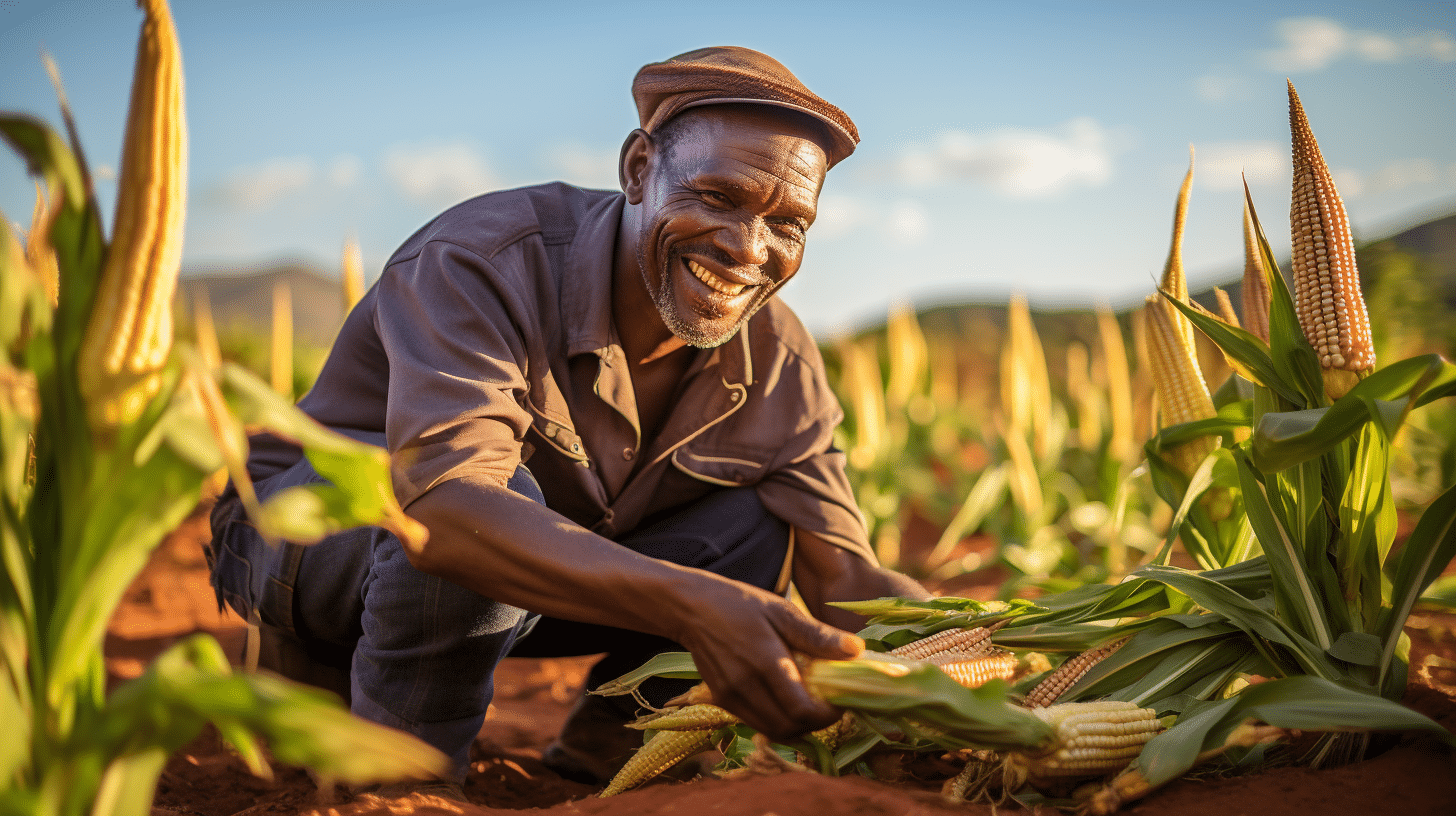Western Kenya is famously recognized for its production of Kenya’s staple food crop, maize. Areas in the Western region that practice small scale maize farming mainly come fromkakamega, Bungoma, Busia and Trans Nzoia counties, and some other parts of Nyanza and Rift Valley. However, all is not rosy for these hard working men and women because of the numerous troubles they have to go through.
Firstly, the lack of awareness of modern, improved technical knowhow and agrcultural practices. This can be attributed largely to a lack of sufficient interaction between farmers and extension officers and research experts in the area. Farmers still rely on traditional farming methods which lead to reduced production.
In addition, the use of unsuitable seeds is common in the region. The seeds come from outside and is usually untested on its suitability in the area. Besides, most farmers end up with uncertified seeds which may be prone to diseases and intolerant to the region’s climatic condition.
Furthermore, a lack of the necessary farm inputs is a problem that most farmers grapple with in this region. Most people are poor and unable to afford basic farm inputs. Accessing financial aid and credit is also a thorn in the flesh for most of the small scale maize farmers in the region.
Moreover, there has been evident trend of changing climate making it difficult for farmers to accurately predict when to plant. In most cases, farmers either plant too early before the onset of sufficient rains, or too late into the rainy season. This negatively affects maize production in the area.
Other problems that small scale maize farmers face in Western Kenya include insufficient labor, lack of farm machinery, poor storage facilities and low rate of adoption of modern technological techniques in maize production. In general, small scale farmers in Western Kenya are going through tough times in their quest to feed the nation. It is evident that a problem of agriculture in the region results in a serious food crisis in the entire country because maize is the staple food of almost all Kenya’s communities.



0 comments